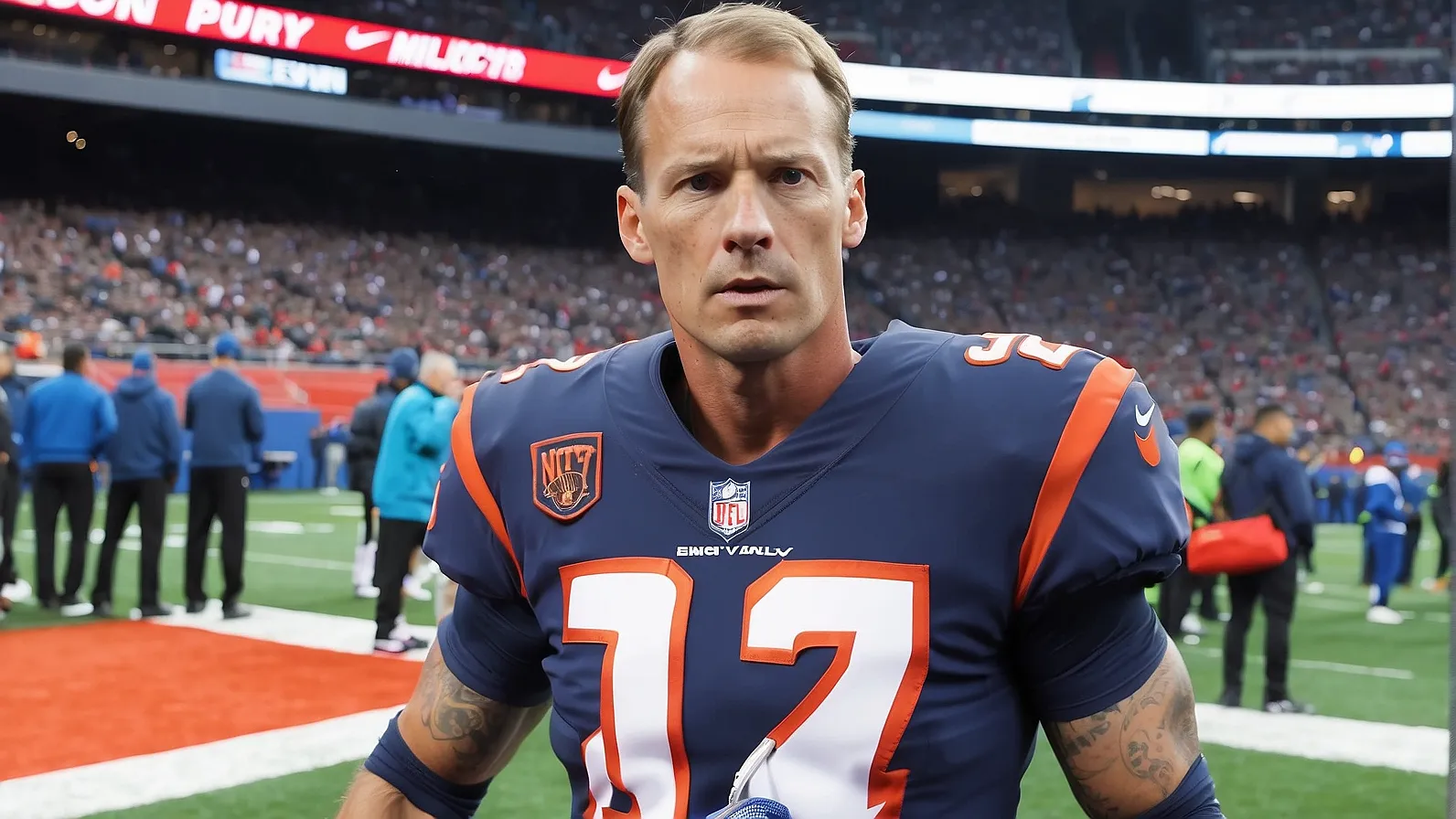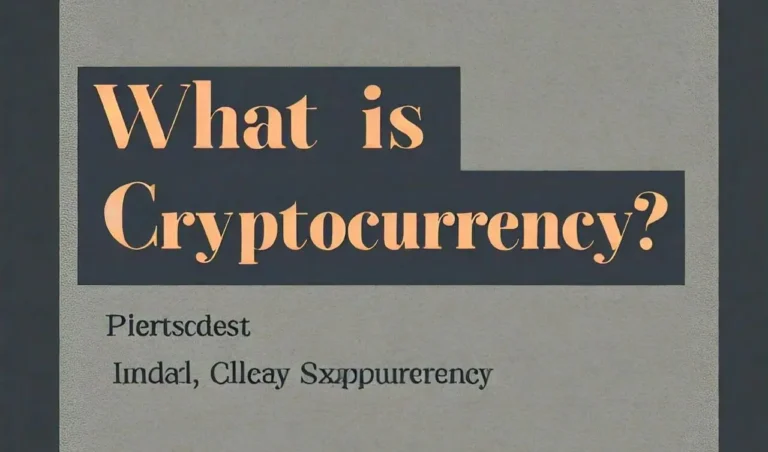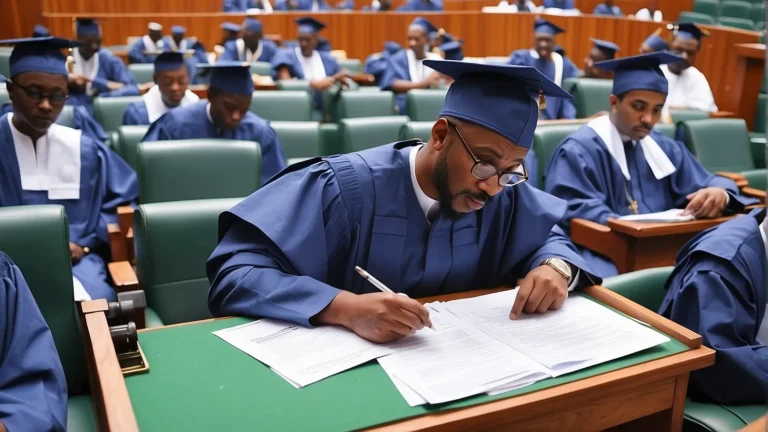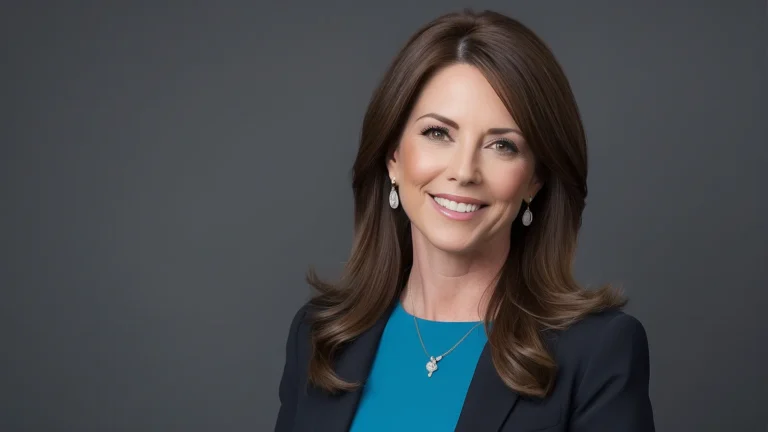Dan Schneider’s Apology for ‘Regretful’ Nickelodeon Behavior

In the realm of children’s television, few names carry as much weight and controversy as Dan Schneider. As the creative force behind numerous hit shows on Nickelodeon, including “Drake & Josh,” “iCarly,” and “Victorious,” Schneider enjoyed immense success and acclaim. However, behind the scenes, allegations of inappropriate behavior and a toxic work environment have long plagued his reputation. Recently, Schneider issued a public apology for his past conduct, acknowledging his behavior as “regretful.” This essay delves into the implications of Schneider’s apology, examining its significance within the context of the #MeToo movement, the entertainment industry, and the broader conversation about accountability and redemption.
Understanding Dan Schneider’s Legacy
For over two decades, Dan Schneider was synonymous with Nickelodeon’s success. His ability to create relatable characters, witty dialogue, and memorable storylines endeared him to audiences worldwide. From the quirky antics of “The Amanda Show” to the teenage drama of “Zoey 101,” Schneider’s shows shaped the childhoods of millions of viewers. However, as his professional accomplishments grew, so too did rumors and allegations of misconduct behind the scenes. Reports of verbal abuse, inappropriate behavior towards young actors, and a toxic work culture cast a shadow over Schneider’s legacy, prompting scrutiny and speculation from both fans and industry insiders.
The #MeToo Movement and Allegations Against Schneider
The rise of the #MeToo movement brought renewed attention to allegations of sexual misconduct and abuse of power within the entertainment industry. While Schneider was never formally accused of sexual harassment or assault, numerous reports and testimonials painted a troubling picture of his behavior on set. Former cast members and crew members spoke out about instances of verbal abuse, favoritism, and uncomfortable interactions with Schneider. These accounts, coupled with a culture of secrecy and impunity, fueled public outrage and demanded accountability from those in positions of authority.
Schneider’s Apology: A Step Towards Accountability
In July 2023, Dan Schneider broke his silence with a public apology posted on social media. In his statement, Schneider expressed remorse for his past behavior, acknowledging that he had “acted in ways that were harmful and inappropriate.” He expressed regret for any pain he may have caused and pledged to take responsibility for his actions. Schneider’s apology marked a significant departure from his previous stance of silence and denial, signaling a willingness to confront his past and seek reconciliation with those affected by his behavior.
Implications of Schneider’s Apology
Schneider’s apology sparked a range of reactions from the public, industry peers, and former collaborators. Some applauded his willingness to take accountability and expressed hope for genuine change and growth. Others remained skeptical, questioning the sincerity of Schneider’s apology and calling for concrete actions to address systemic issues within the entertainment industry. The timing of Schneider’s apology, coming amidst a broader reckoning with power dynamics and abuse in Hollywood, underscored the urgency of confronting past wrongs and fostering a culture of transparency and accountability.
Navigating the Road to Redemption
For Dan Schneider, the path to redemption is fraught with challenges and uncertainties. While his apology represents a crucial first step, true accountability requires ongoing reflection, dialogue, and tangible changes in behavior. This includes creating safer work environments, fostering respectful and inclusive cultures, and prioritizing the well-being of all individuals involved in the production process. Moreover, Schneider must reckon with the power dynamics inherent in his position as a prominent showrunner and mentor to young talent, ensuring that his influence is wielded responsibly and ethically.
Lessons Learned and Moving Forward
The saga of Dan Schneider serves as a cautionary tale about the perils of unchecked power and the importance of accountability in the entertainment industry. His apology, while a significant milestone, must be followed by concrete actions and sustained efforts to address systemic issues of abuse and exploitation. Furthermore, Schneider’s story underscores the need for greater transparency, diversity, and accountability in all aspects of media production. By learning from past mistakes and embracing a culture of accountability and inclusivity, the entertainment industry can strive towards a future where all individuals are valued, respected, and empowered to thrive.
Conclusion
Dan Schneider’s public apology for his “regretful” behavior marks a pivotal moment in his career and the broader conversation about accountability in the entertainment industry. While his words are a welcome acknowledgment of past wrongs, true redemption requires more than just apologies—it demands a commitment to meaningful change and a willingness to confront systemic issues of power, privilege, and exploitation. As Schneider navigates the road to redemption, his story serves as a reminder of the importance of holding those in positions of authority accountable and fostering cultures of respect, integrity, and inclusivity in all creative endeavors.





